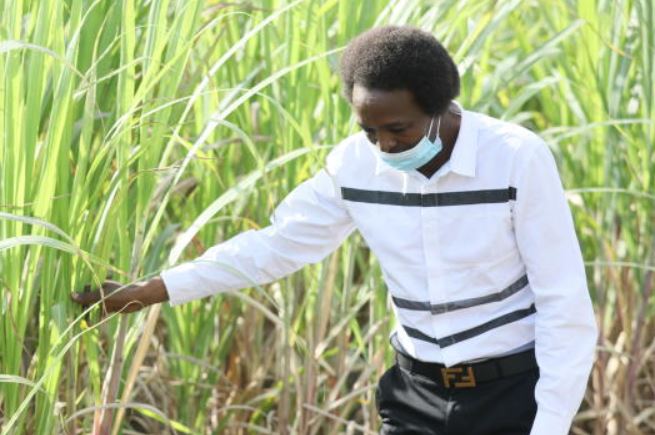×
The Standard e-Paper
Kenya’s Boldest Voice

David Ndirangu inspects a cane farm in Kwale County (PHOTO: Omondi Onyango)
KWALE, KENYA: Sugarcane farmers in Kwale County have welcomed the decision by Agriculture Cabinet Secretary, Peter Munya to ban sugar importation.
The chairman of the Kwale cane outgrowers association David Ndirangu said the move to ban sugar importation and suspend trading will help cushion local sugar cane farmers and millers.